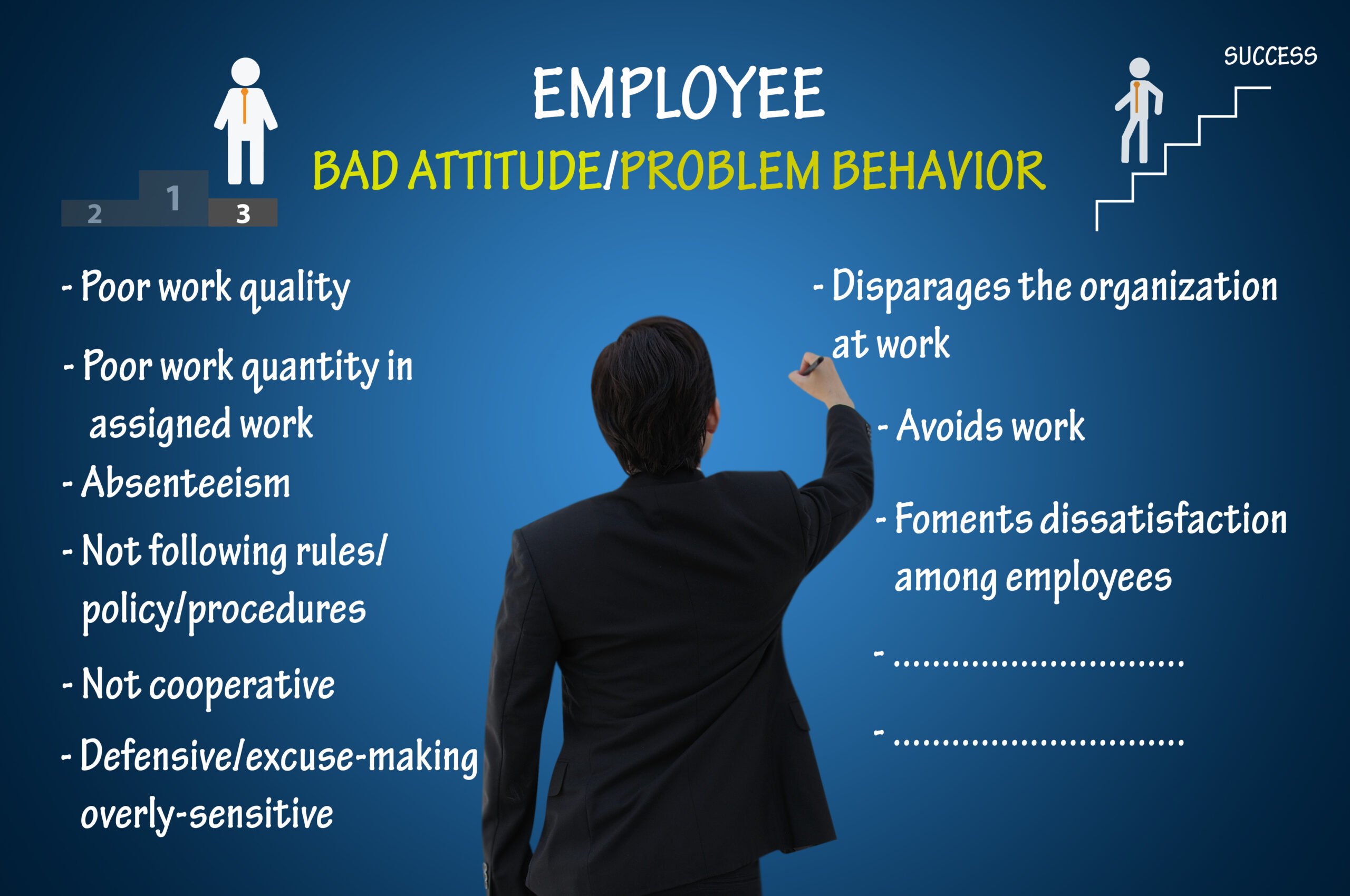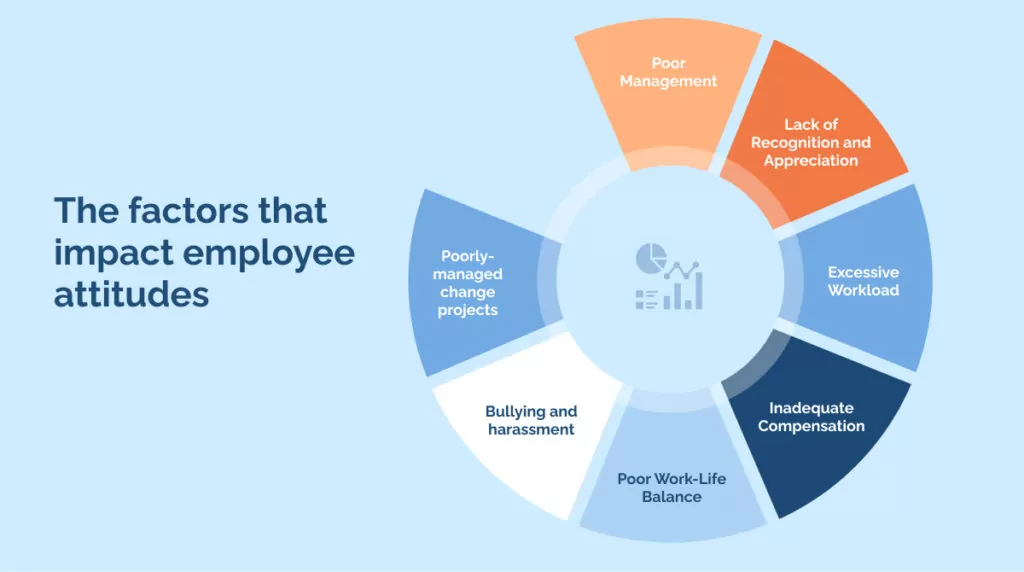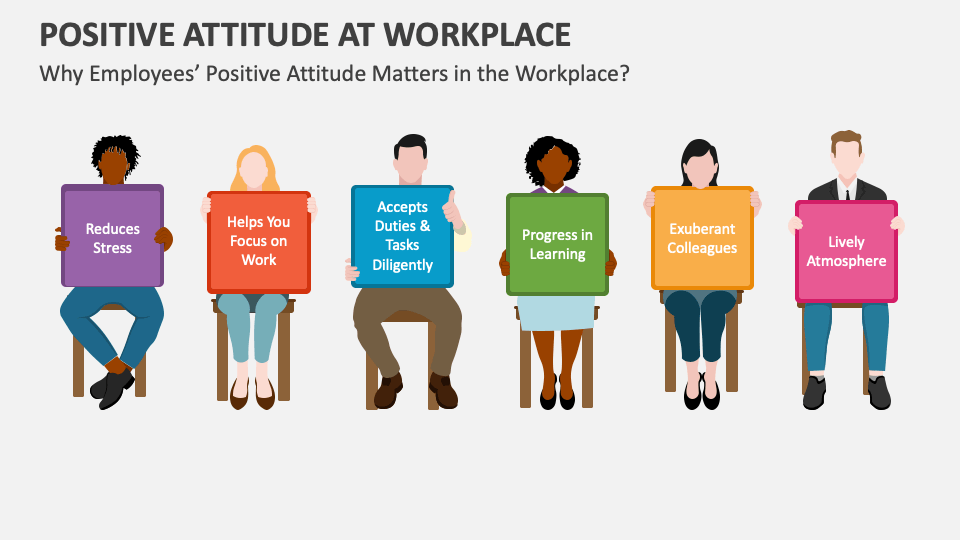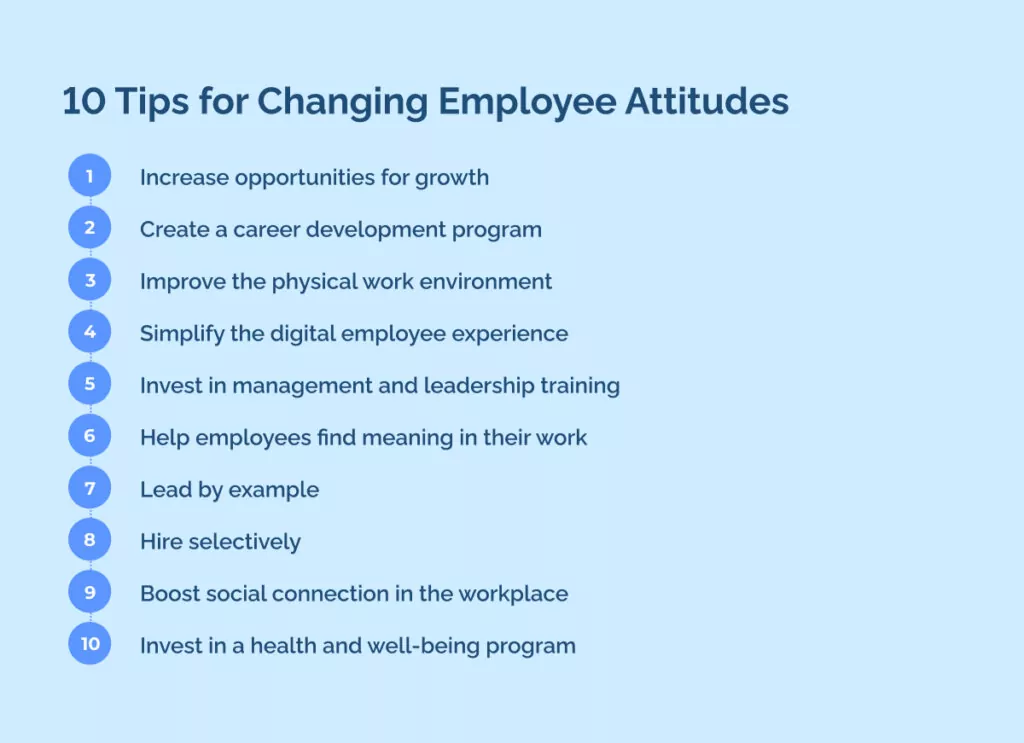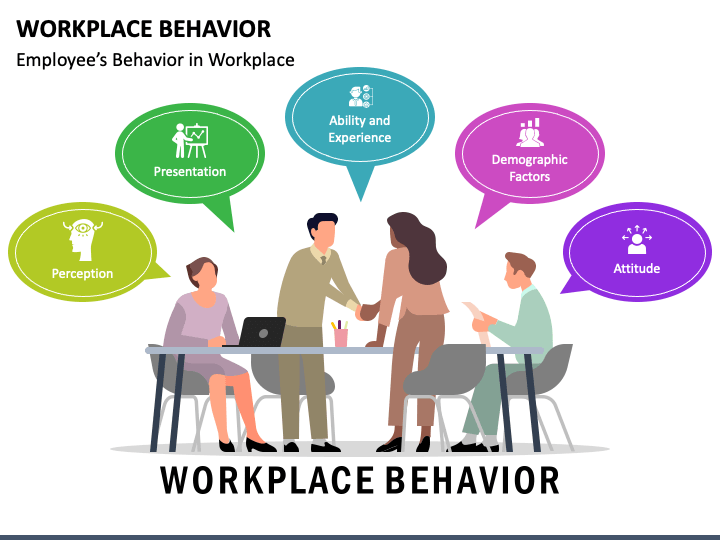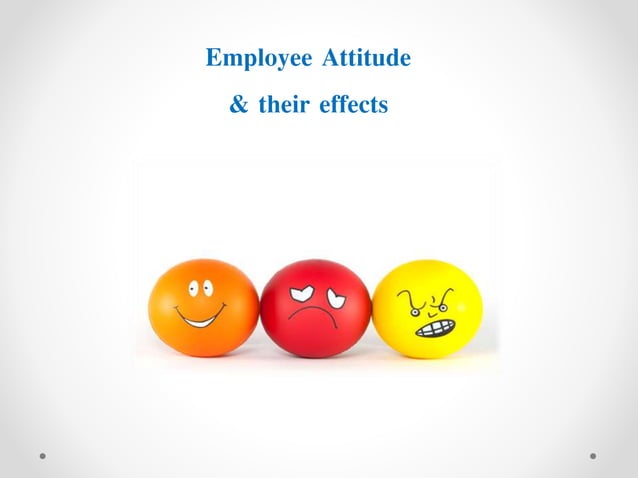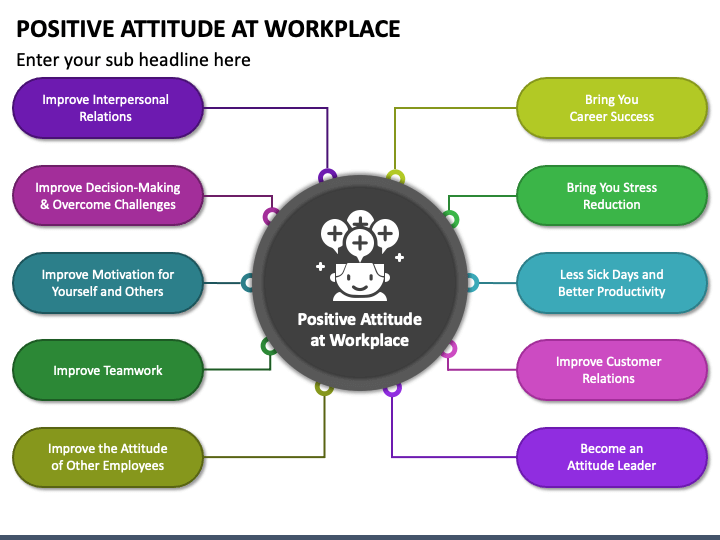How To Improve Employee Behavior And Attitude
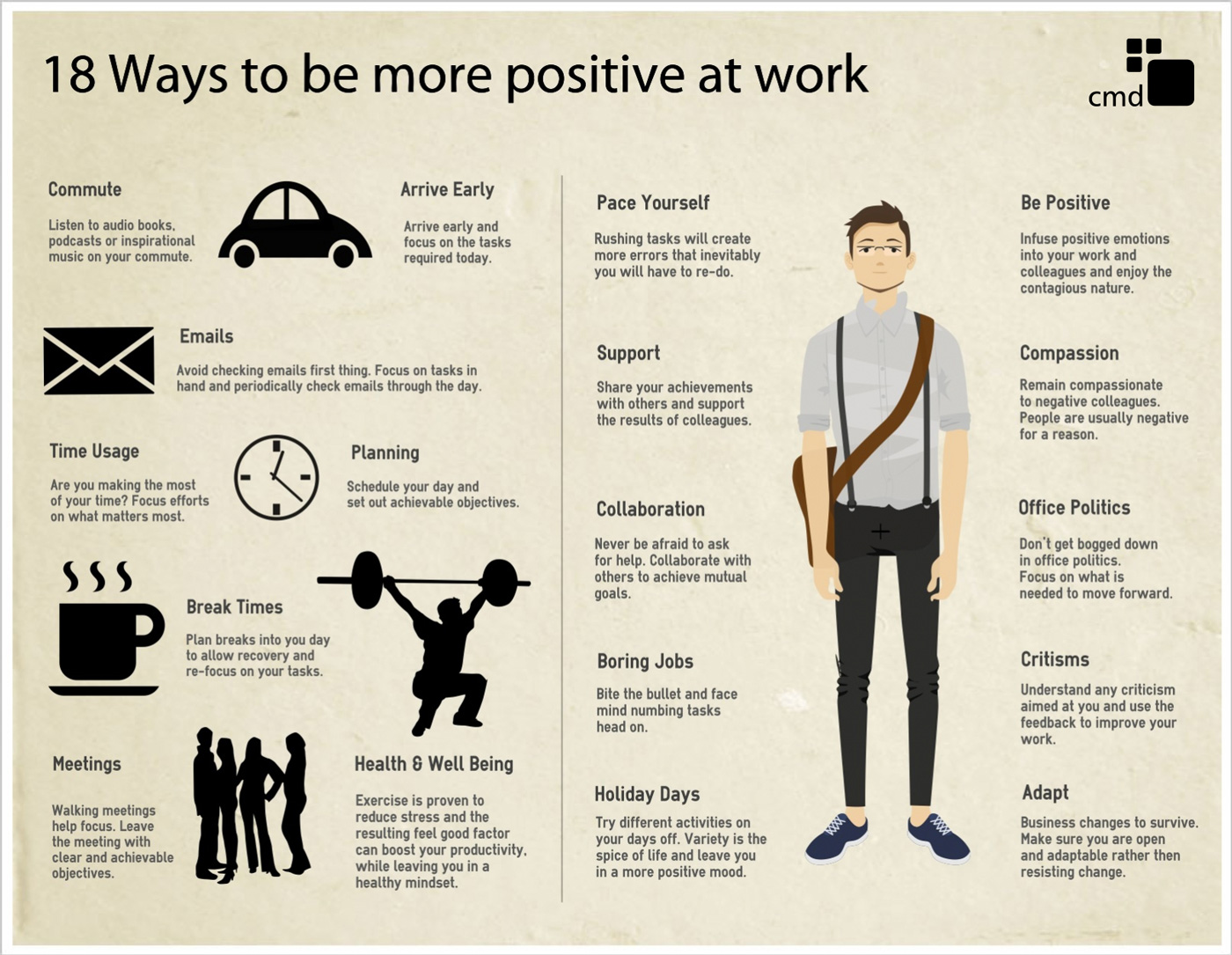
In today's dynamic work environment, cultivating positive employee behavior and attitude is paramount for organizational success. Experts and business leaders are increasingly focusing on strategies to foster a thriving workplace, emphasizing that a motivated and engaged workforce directly impacts productivity, innovation, and overall company performance. These approaches range from refined communication techniques to comprehensive employee well-being programs.
The key to improving employee behavior and attitude lies in a multi-faceted approach that addresses not only performance expectations but also employee needs and values. This article will explore proven strategies and actionable steps that organizations can implement to create a positive and productive work environment.
Understanding the Foundation
At the heart of positive employee behavior is a clear understanding of expectations. Effective communication is critical; employees need to know what is expected of them, how their performance will be measured, and what opportunities exist for growth and development.
According to a recent study by Gallup, employees who receive consistent feedback are three times more likely to be engaged in their work. This emphasizes the importance of regular performance reviews and constructive criticism.
Creating a Positive Work Environment
Beyond clear expectations, a positive work environment fosters better employee behavior. This encompasses factors such as supportive leadership, opportunities for collaboration, and a sense of belonging.
“Creating a culture of psychological safety is crucial,” states Dr. Amy Edmondson, a Harvard Business School professor known for her work on team dynamics. She posits that when employees feel safe to take risks and voice their opinions without fear of judgment, innovation flourishes.
Implementing Practical Strategies
Several concrete strategies can be implemented to improve employee behavior and attitude. These often involve management training, employee recognition programs, and initiatives promoting work-life balance.
Management training is essential to equip leaders with the skills necessary to effectively motivate and support their teams. This training should include techniques for providing constructive feedback, resolving conflict, and fostering a positive team dynamic.
Employee recognition programs can significantly boost morale and motivation. These programs can range from simple "employee of the month" awards to more elaborate initiatives that reward outstanding contributions with bonuses or promotions.
Another crucial aspect is work-life balance. Employees who feel overwhelmed or stressed are more likely to exhibit negative behaviors. Companies can implement policies that support work-life balance, such as flexible work hours, remote work options, and generous vacation time.
Addressing Negative Behavior
While preventative measures are important, it's equally crucial to address negative behavior effectively. This requires a clear and consistent disciplinary process.
When addressing negative behavior, it's important to focus on the behavior itself, not the person. Providing specific examples of the behavior and explaining its impact on the team or organization is key.
Consistency is paramount. Applying disciplinary actions fairly and consistently across all employees ensures that the process is perceived as just and equitable.
The Long-Term Impact
Investing in strategies to improve employee behavior and attitude yields significant long-term benefits. A positive work environment attracts and retains talent, reduces employee turnover, and boosts productivity and profitability.
Companies with engaged employees consistently outperform those with disengaged employees. This underscores the importance of prioritizing employee well-being and fostering a positive work culture.
Furthermore, a positive work environment can enhance a company's reputation and attract top talent. In today's competitive job market, a strong employer brand is crucial for attracting and retaining the best employees.
Ultimately, improving employee behavior and attitude requires a sustained commitment from leadership and a willingness to invest in employee well-being. By implementing the strategies outlined above, organizations can create a thriving work environment where employees feel valued, motivated, and empowered to perform at their best.

